Storm Amy sees further rise in reservoir levels
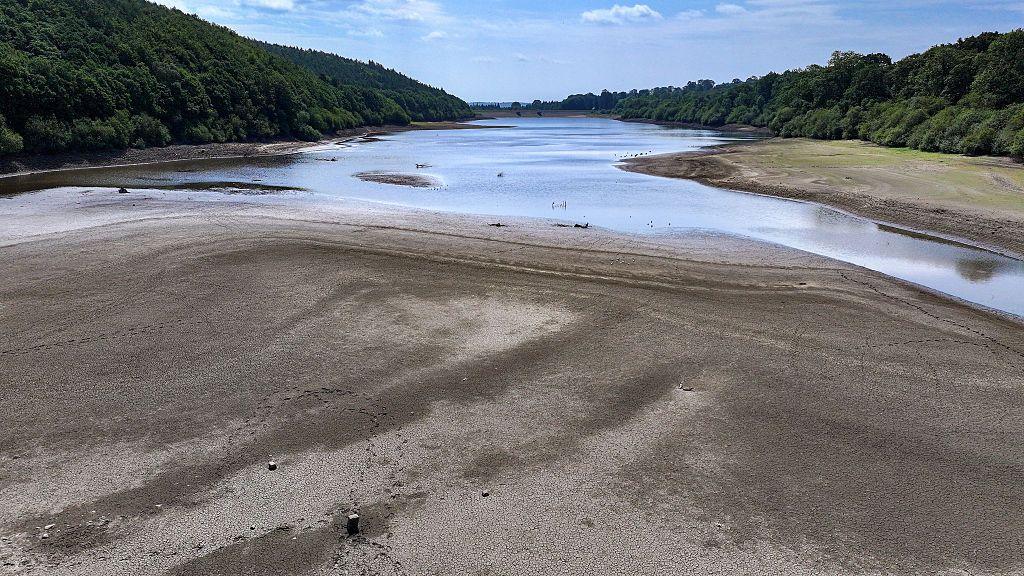
The long dry spell saw reservoirs across Yorkshire reach their lowest levels in decades
- Published
Rainfall from Storm Amy has resulted in a further rise in the level of Yorkshire's reservoirs as they continued to recover from the drought declared earlier this year, Yorkshire Water has said.
The firm said it meant water levels had increased for four weeks in a row, though they remained below the 70.7% average for this time of year.
The amount of water in the region's reservoirs had increased to 52.9% since the weekend's storm, up from 46.2% in the previous week - the first time they had been over 50% since July, a spokesperson said.
Households in Yorkshire have been subject to a hosepipe ban since 11 July, after the start of what was later confirmed to be the UK's hottest summer on record.
Dave Kaye, director of water services at Yorkshire Water, said: "Over the last four weeks, we've had some periods of very heavy rainfall and a named storm.
"Thankfully, these have provided some much-needed relief for our reservoirs, as well as groundwater sources and the region's rivers."
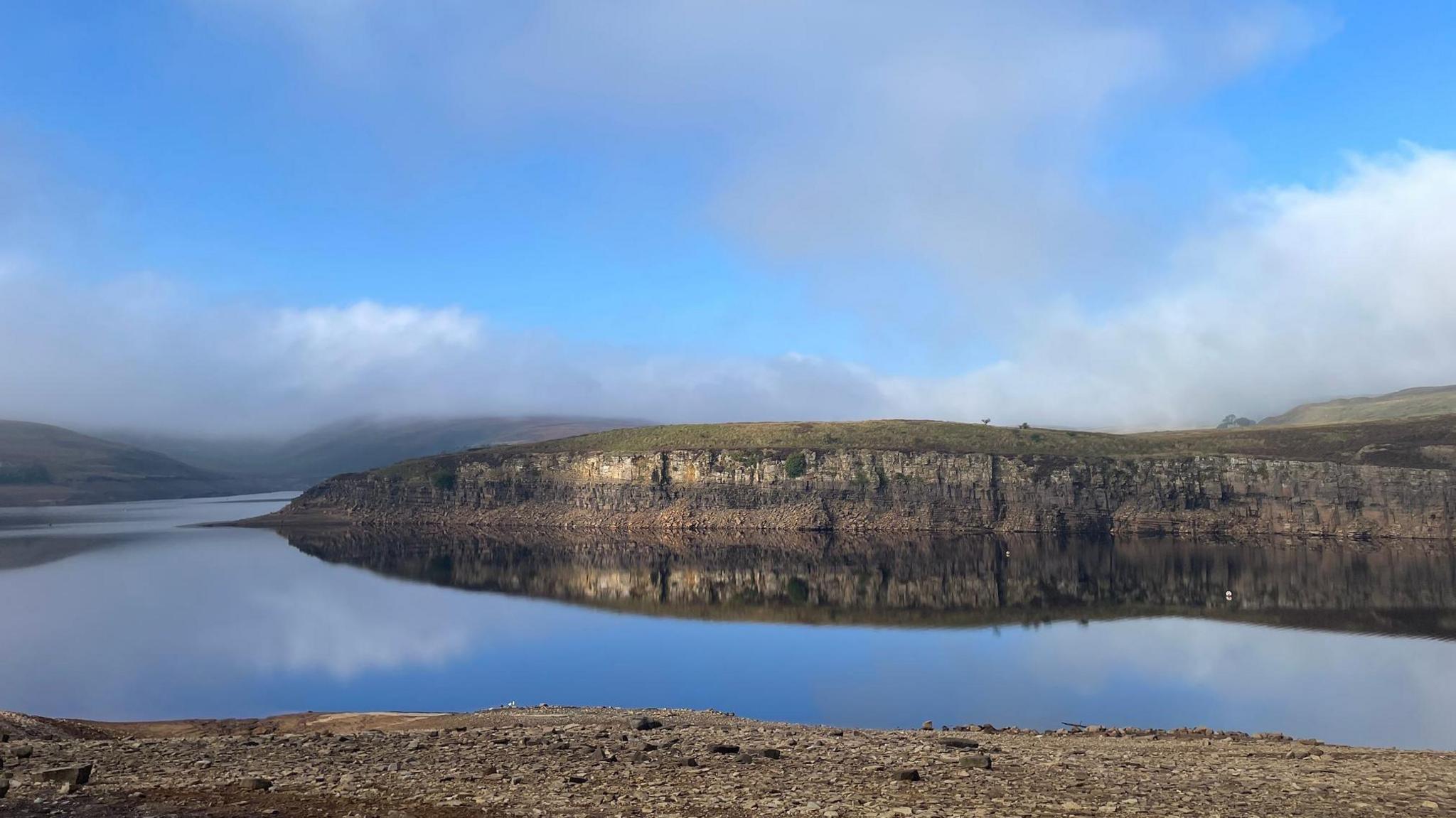
Reservoirs are still below the levels they would usually be at this time of year, Yorkshire Water says
It comes just a month after the firm was granted permission by the Environment Agency to conserve water in 19 of its reservoirs.
The drought permits enable the firm to reduce water being released from the reservoirs into rivers for six months.
Mr Kaye said those permits would keep more water in reservoirs and allow increased abstraction from rivers, which he said would "help reservoir stocks to recharge in the coming weeks and months".
Despite that, stocks were still well below where they should be, and more dry weather was expected, he said.
"There is still a long way to go in terms of recovering from the driest spring and warmest summer on record," Mr Kaye added.
"We're hopeful the recovery will continue through autumn and winter so we are in a strong position as we approach spring and summer 2026."
Mr Kaye said hosepipe restrictions remained in place and would be lifted as soon as reservoirs had sufficiently recovered.
Get in touch
Tell us which stories we should cover in Yorkshire
Listen to highlights from West Yorkshire on BBC Sounds, catch up with the latest episode of Look North.
- Published11 September
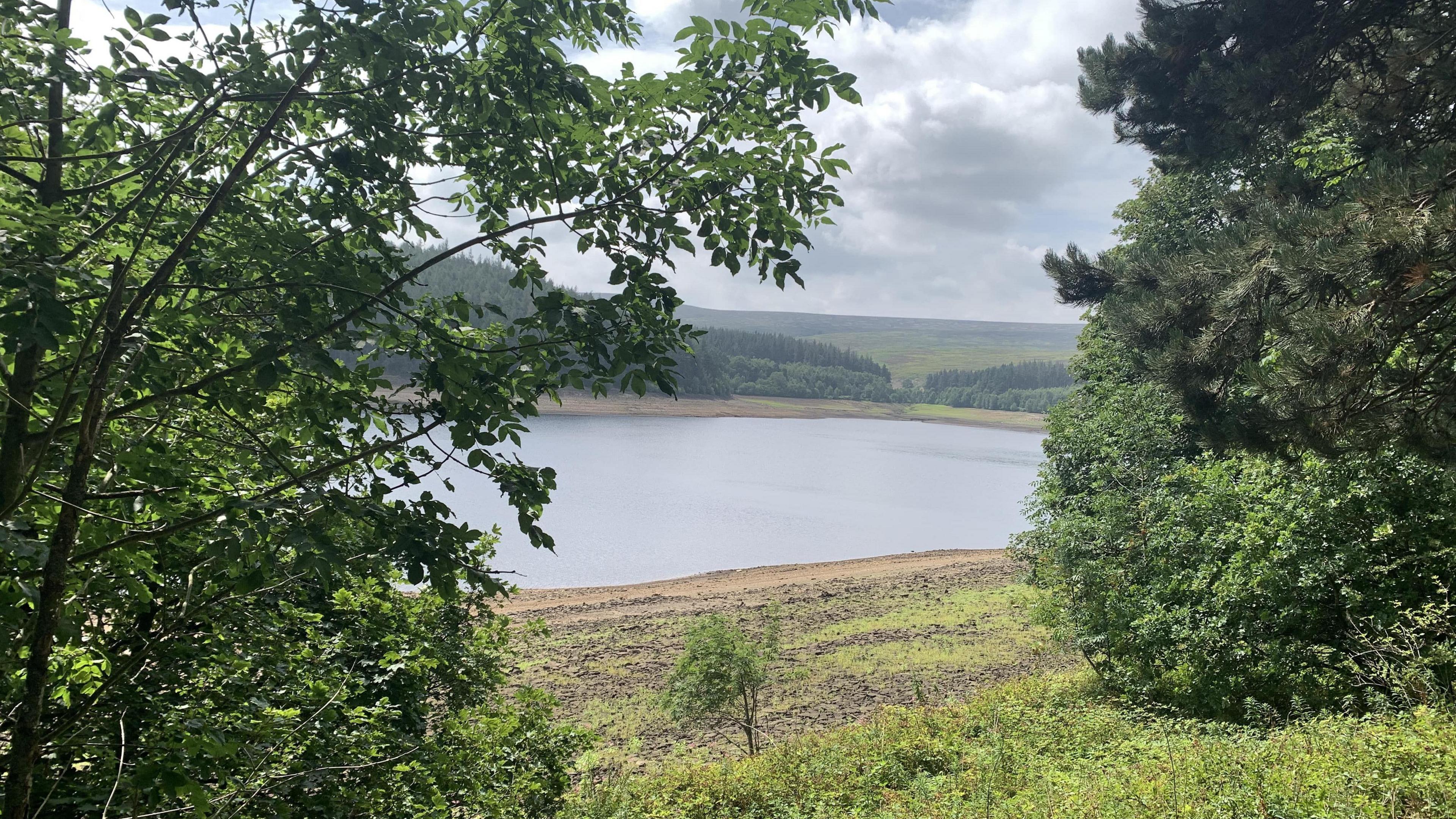
- Published23 August
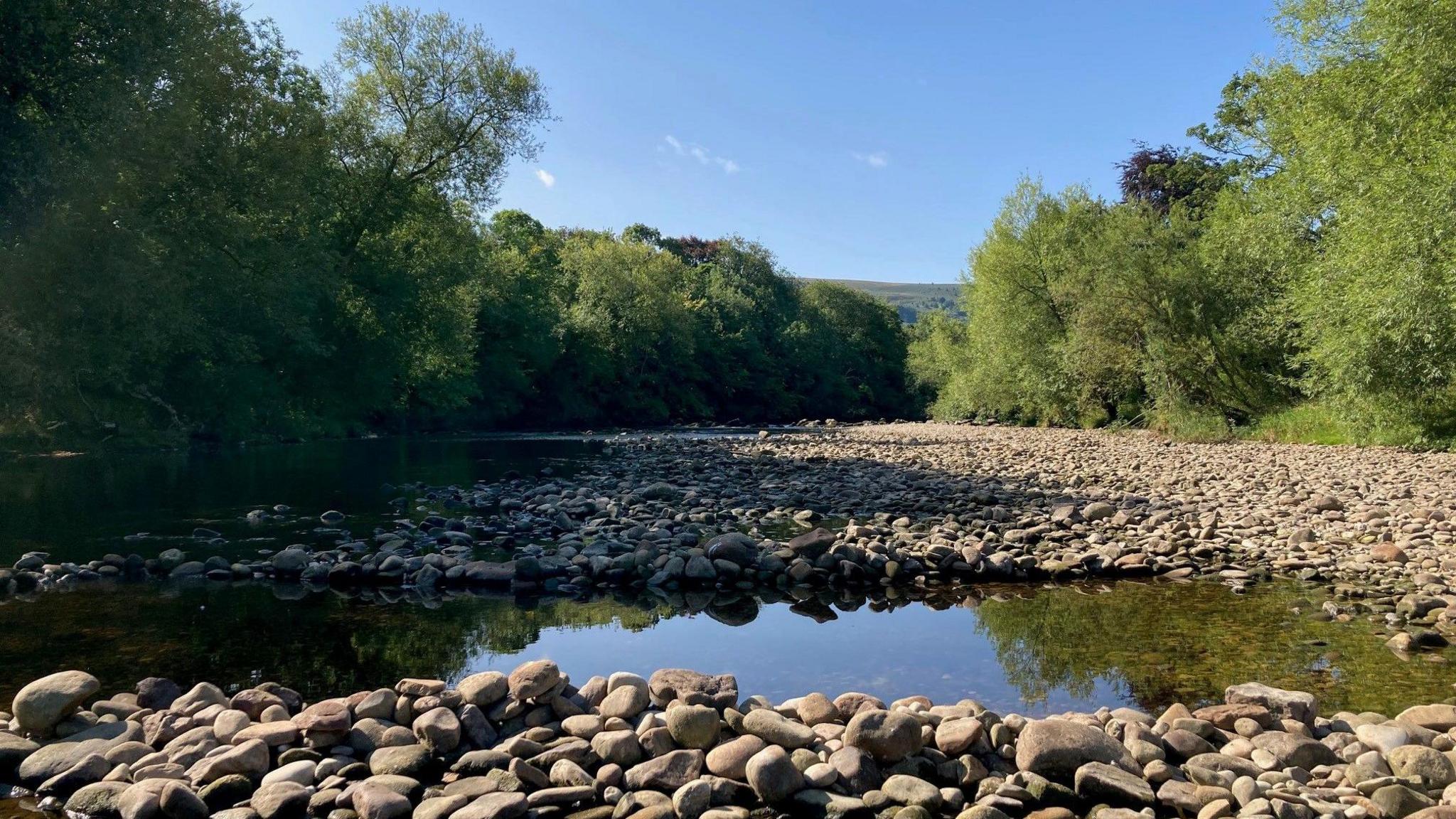
- Published2 September
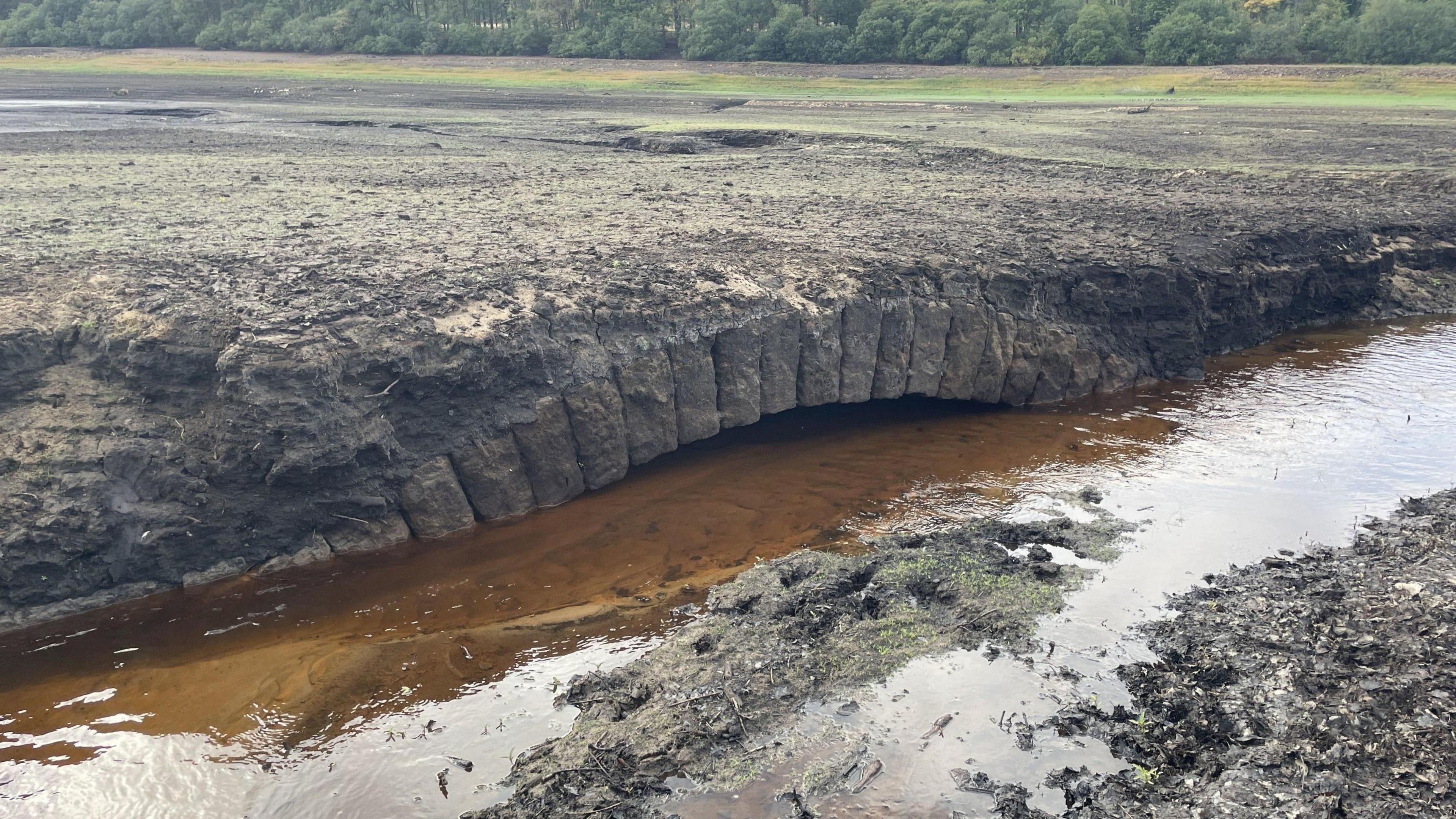
- Published2 September
